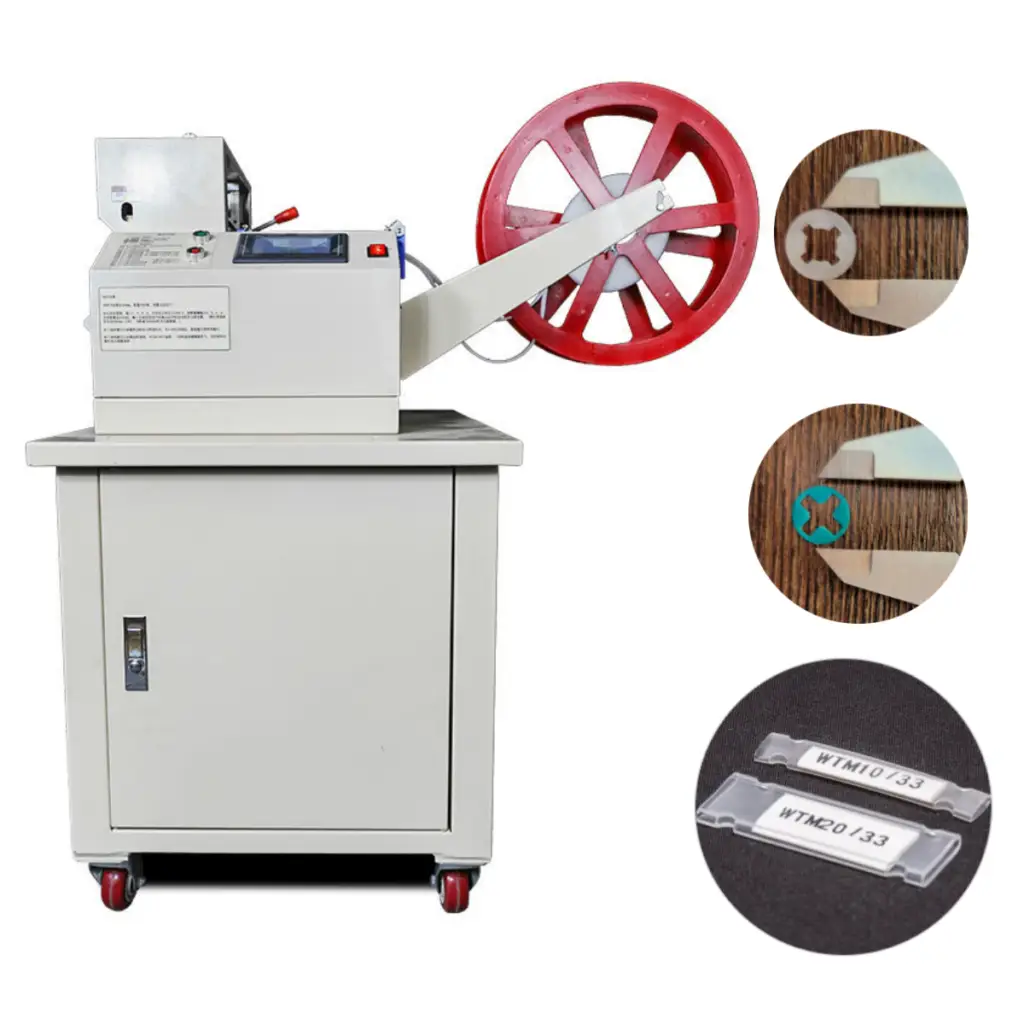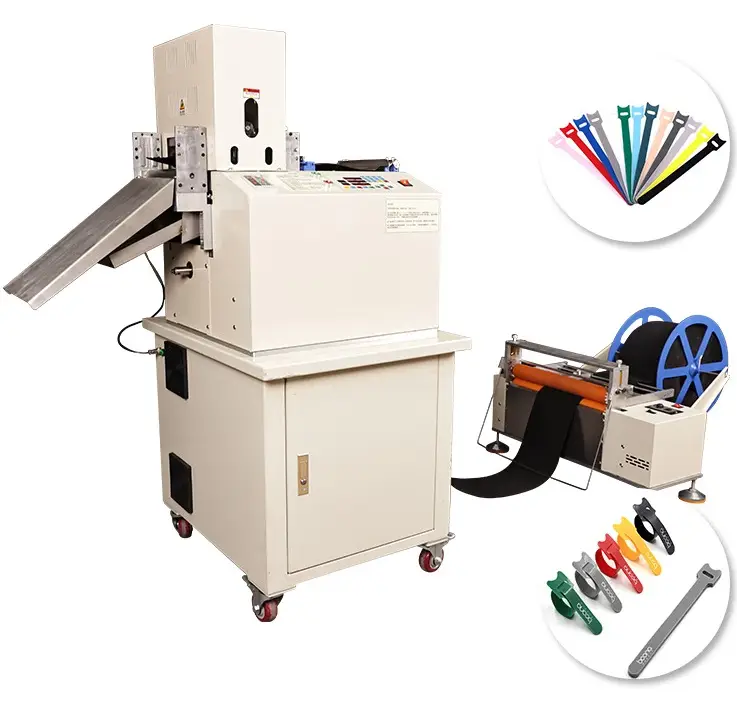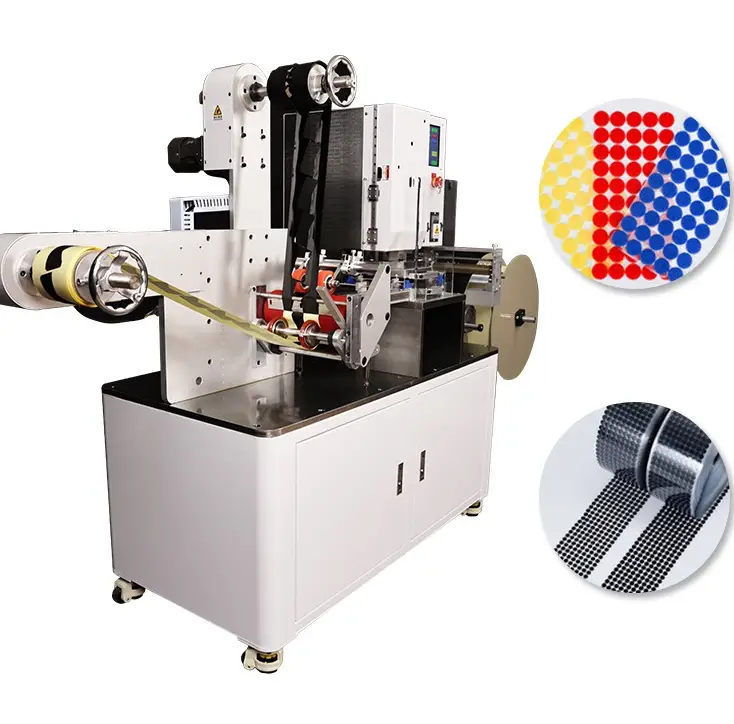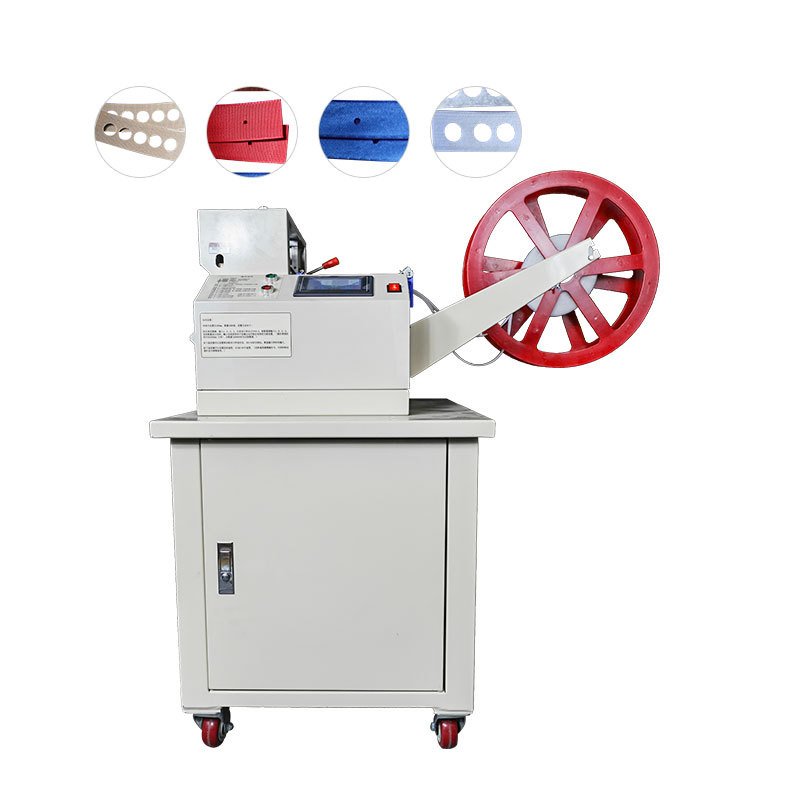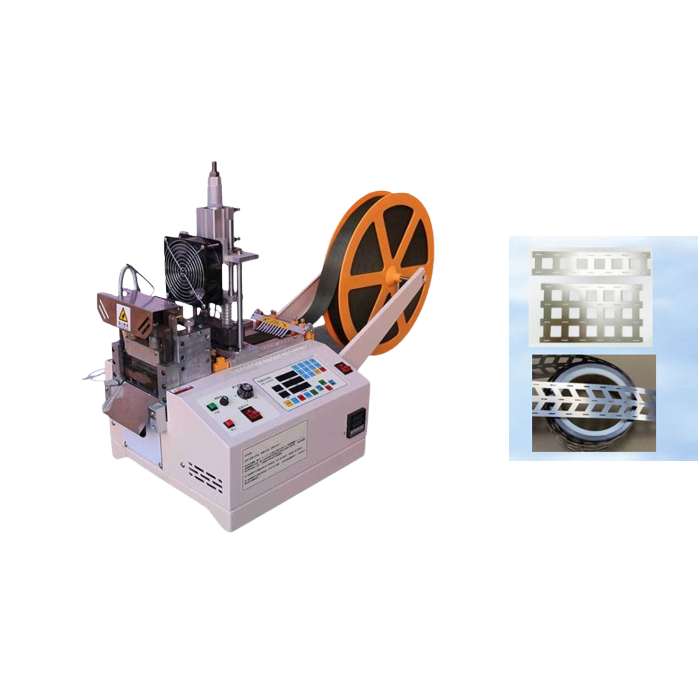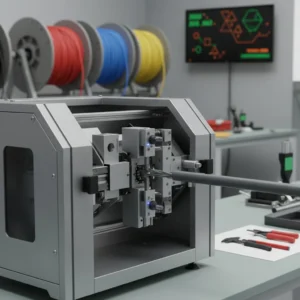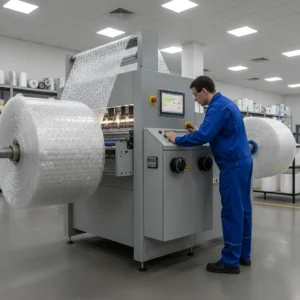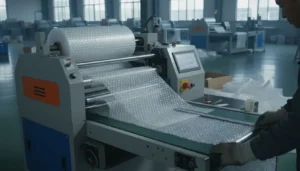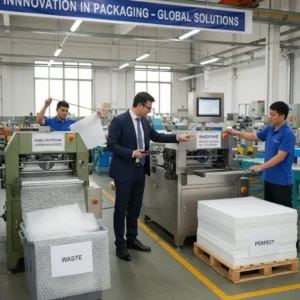What should you look for when buying a webbing punch hole machine?

Choosing the wrong punch hole machine can cost you production time, money, and client trust.
Look for punching force, supported material thickness, automation level, safety features, certifications, and after-sales service when buying a webbing punch hole machine.
1: When buying a webbing punch hole machine, prioritize temperature control for precise cutting and sealing.
2: Look for customizable dies to achieve different hole sizes and shapes.
3: A stable, durable base ensures consistent accuracy and long-term reliability.
4: Consider the type of webbing material you’ll be working with, as it impacts machine compatibility.
5: Evaluate options for adjustable pressure and choose between manual or electric operation based on production needs and efficiency goals.
When I guide clients like Mark from Canada through the buying process, I remind them that machines are not just about specs—they’re about how well they fit into the production line. At Suzhou Haoxinhe Electrical Equipment Co., Ltd., we design webbing tape cutting machines and automatic punching cutting machines that integrate smoothly into factories, so buyers can start production faster without costly adjustments.
Are hydraulic webbing punching machines better than pneumatic ones?

Both systems have strengths, but the wrong choice can limit your production or waste energy.
Hydraulic webbing punching machines deliver higher force and durability, while pneumatic models are faster, lighter, and better for medium-duty applications.
Key buying factors to consider
Here are the top elements I always ask buyers to check before confirming an order:
| Factor | Why It Matters |
|---|---|
| Punching Force | Ensures clean holes through thick or multi-layer webbing |
| Material Compatibility | Nylon, polyester, Kevlar, foam, or PVC |
| Automation Level | Manual, semi-automatic, or fully automatic |
| Safety Systems | Two-hand start, light curtains, interlocks |
| Certifications | CE, UL, CSA for international shipments |
| After-Sales Service | Availability of spare parts, training, troubleshooting |
Our rotary bevel cutting machines, PVC Edge Banding Cutting Machines, and Protective Foam Cutting Machines all include these considerations in design.
Hydraulic vs pneumatic: a closer look
| Feature | Hydraulic Machine | Pneumatic Machine |
|---|---|---|
| Punching Force | 8–20 tons (handles thick/multi-ply webbing) | 2–8 tons (best for medium-duty materials) |
| Speed | Slower cycle time | Faster cycle time |
| Maintenance | Requires oil checks, seal replacement | Requires air compressor upkeep |
| Energy Use | Higher power demand | Lower power demand |
| Machine Size | Larger, heavier | Smaller, more portable |
| Best Application | Heavy-duty nylon, Kevlar straps | Polyester, ribbon, light-to-medium webbing |
For example, one of our North American clients purchased a hydraulic automatic punching cutting machine to process seatbelt-grade nylon. For lighter tasks like promotional ribbon punching, a pneumatic option is more cost-effective.
Practical buying advice
- If your production involves thick nylon or multi-layer webbing, go hydraulic.
- If your production is fast-paced but lighter-duty, pneumatic may be enough.
- Always confirm local voltage specs (Canada: 110V/60Hz, Europe: 220V/50Hz).
- Request a sample punch test on your actual webbing material.
- Check if the supplier offers OEM customization for dies and feed systems.
Mark once considered buying a second-hand pneumatic press from Vietnam. I warned him it would not deliver enough force for his heavier-duty straps. He later invested in our high-speed trademark cutting machine with servo-hydraulic support, which gave him the flexibility to process both light and heavy materials.
Conclusion

Your ideal choice depends on workload: hydraulic for heavy-duty, pneumatic for speed and flexibility.
Insights
At Suzhou Haoxinhe Electrical Equipment Co., Ltd., we help global buyers choose between hydraulic automatic punching cutting machines and pneumatic webbing tape cutting machines, depending on material and workload. Our customizable, certified equipment ensures reliable performance for clients like Mark who demand both quality and long-term value.
